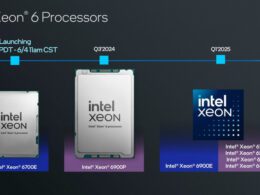In a significant effort to bolster its national semiconductor industry, the South Korean government has revised its initial budget allocation from a planned $7.34 billion to a massive $19 billion. Of this budget, a considerable $12.5 billion will be used directly for chip production, while the rest will be bestowed as tax benefits.
The Korea Development Bank, a state-controlled entity, will be the key distributor of these subsidy funds, shares Reuters. It is reported that approximately $734 million will be dedicated to lend support to chip manufacturing equipment producers and companies engaged in chip development, yet lack their manufacturing capabilities. It’s worth noting, South Korea’s biggest company, Samsung Electronics, is not only a key player in developing and producing chips, but also plays a fundamental role as a contract manufacturer for third-party developers, including foreign corporations.
The South Korean authorities are striving to enhance the competitiveness of the national semiconductor industry beyond the memory segment, which has enabled local manufacturers to attain global preeminence. For instance, while Samsung Electronics stands as the largest manufacturer of all kinds of memory, SK Hynix, albeit smaller, has emerged as a leading producer of HBM microchips that are highly demanded by AI system accelerators. Based on April’s figures this year, semiconductor exports account for 18% of South Korea’s total export revenues.
Given the current situation, fab-less developers in South Korea represent just 1% of the global chip market, as stated by local authorities. South Korean firms lag behind leading foreign contract chip manufacturers in terms of technology. This substantial funding by the government is projected to at least partially close this technological gap.





